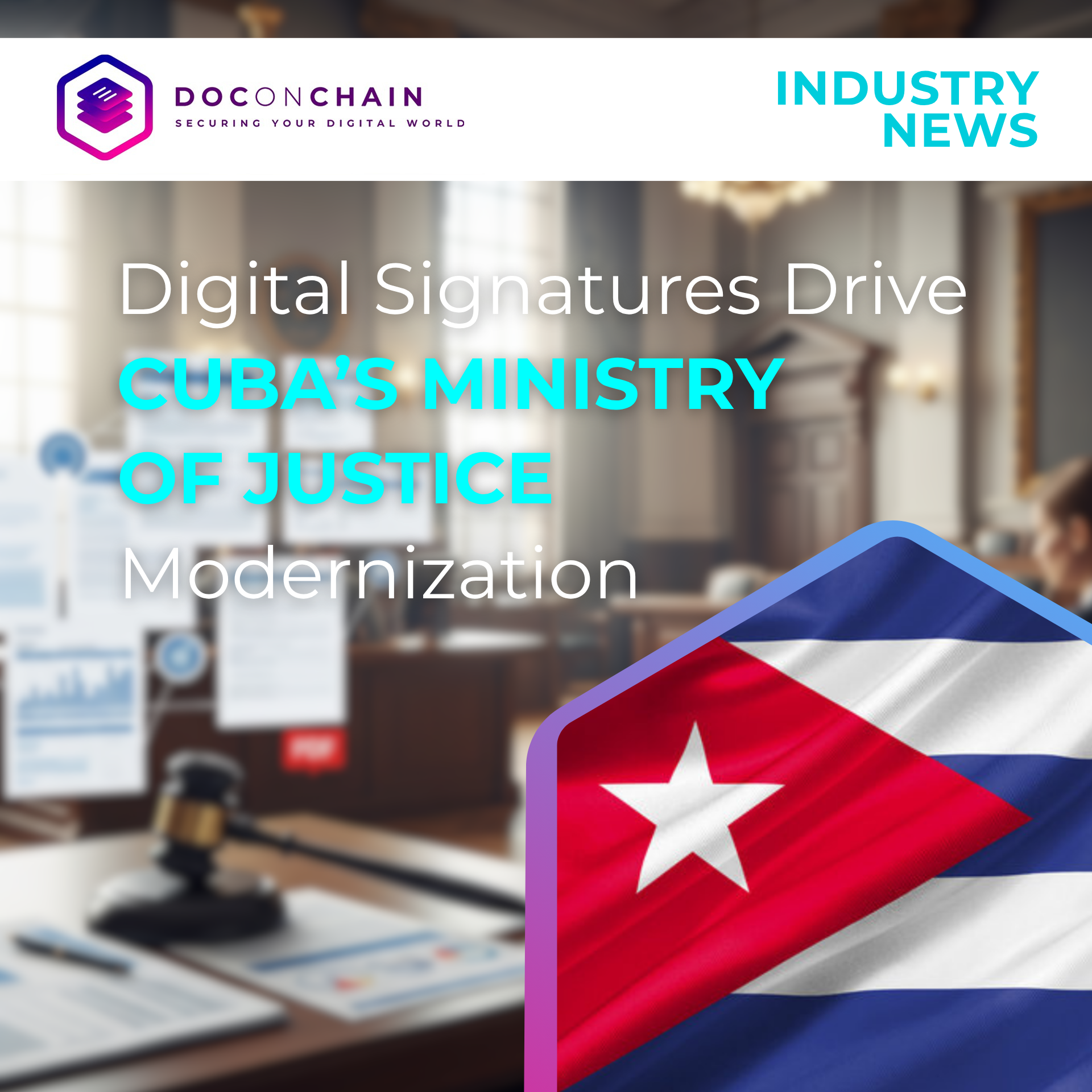Cuba's Ministry of Justice (MINJUS) has formally endorsed the integration of electronic documents, a pivotal move obviating the necessity for physical attendance in legal proceedings. This groundbreaking digital transformation is poised to substantially elevate service efficiency, fortify security through certified electronic signatures, and bolster transparency, signaling a momentous national stride into a digitally advanced future.
---
Amidst a progressively digitized global landscape, the fundamental pivot toward secure, immutably verifiable digital records emerges as an imperative for robust national infrastructure. Electronic documents are fundamentally re-engineering public sector efficiency and data integrity, charting a transformative course toward an unprecedented era of digital governance.
Digital Transformation in Legal Services
The Cuban Ministry of Justice (MINJUS) has formally approved the use of electronic documents, a pivotal move effective 30 days post-resolution publication. This decision, enshrined in Resolution No. 284 of 2025, marks a significant stride in Cuba's broader digital transformation agenda. It directly addresses the long-standing challenge of physical presence requirements for legal procedures, promising to streamline processes and enhance accessibility. This regulatory update aligns with Cuba's Decree Law 370 on the Computerization of Society, underscoring a national commitment to modernizing public services and improving citizen engagement through digital channels.
Enhanced Security and Verifiable Data Integrity
A core component of Cuba's new electronic document system is the integration of advanced security features, including certified electronic signatures and a robust IT management system, operational since 2021. This framework ensures the authenticity and integrity of digital records, a critical aspect for sensitive legal documents. The system allows online verification of original electronic documents using a case number, PIN, or QR code, offering a transparent and secure method for validation. This focus on verifiable data integrity and next-generation document security is crucial for fostering public trust and reducing risks associated with traditional paper-based systems.
Operational Efficiency and Future-Proofing
The adoption of electronic documents by MINJUS promises substantial operational efficiencies and a future-proof document ecosystem. Expected benefits include significant reductions in expenses related to paper, ink, and physical storage. Furthermore, it enhances convenience for citizens, particularly those with disabilities, by eliminating the need for in-person visits. This initiative represents a profound cultural shift, moving legal practices towards a more digitized future while maintaining the option for traditional services. It consolidates years of digital transformation efforts, positioning Cuba at the forefront of governmental digital evolution.
Looking Forward
This bold Cuban initiative illuminates a global path for digital governance, demonstrating how strategically integrated advanced digital solutions forge resilient, secure, and efficient public sectors. The evolution of document ecosystems, propelled by digital transformation, fundamentally relies on verifiable, immutable data integrity and secure digital infrastructures.


